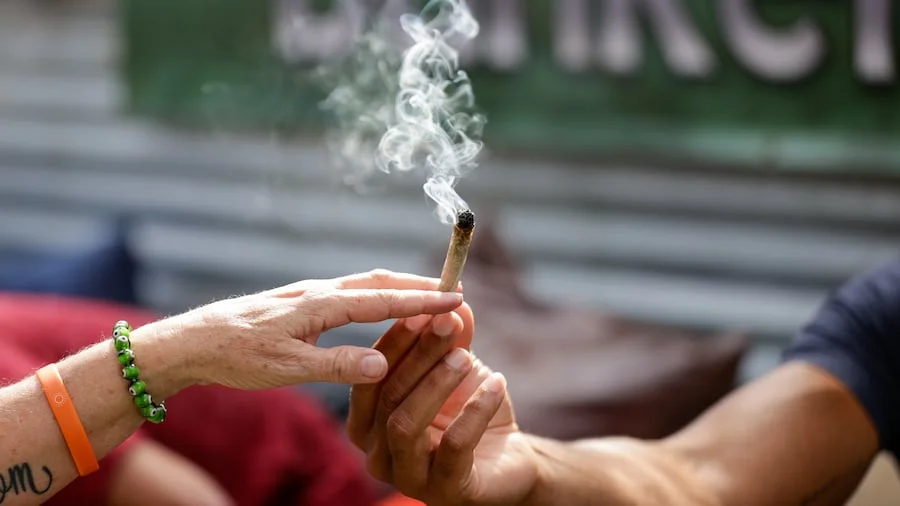
Florida’s Hemp Bill: Navigating Delta-8 THC and Licensing
In a significant move towards regulating the hemp industry, Florida is on the brink of passing a new bill that targets Delta-8 THC and introduces a licensing system for hemp shops. The legislation, which has garnered both support and criticism, aims to bring more control and safety to the burgeoning market of hemp products within the state.
The proposed bill would impose stricter regulations on Delta-8 THC, a psychoactive compound derived from hemp that has been gaining popularity for its milder effects compared to traditional marijuana. Under the new rules, Delta-8 products would face enhanced testing and labeling requirements to ensure consumer safety and product transparency. This comes in response to concerns over the unregulated nature of these products and their accessibility to minors.
Moreover, the bill introduces a licensing requirement for hemp shops, aiming to legitimize the industry and weed out unscrupulous operators. Businesses would need to obtain a license to sell hemp products, which could help the state in monitoring and regulating the sale of these goods more effectively.
Governor Ron DeSantis has expressed support for the bill, emphasizing the need for Florida to adapt to the changing landscape of hemp and cannabis products. Critics, however, worry that the new regulations could stifle the growth of small businesses and limit consumer choice. The debate reflects broader national discussions on how to balance regulation with the freedom of the hemp market.
As the bill moves closer to becoming law, stakeholders on all sides are closely watching its progress. The outcome could set a precedent for how other states approach the regulation of hemp and its derivatives, making Florida a key player in the national conversation on cannabis policy.